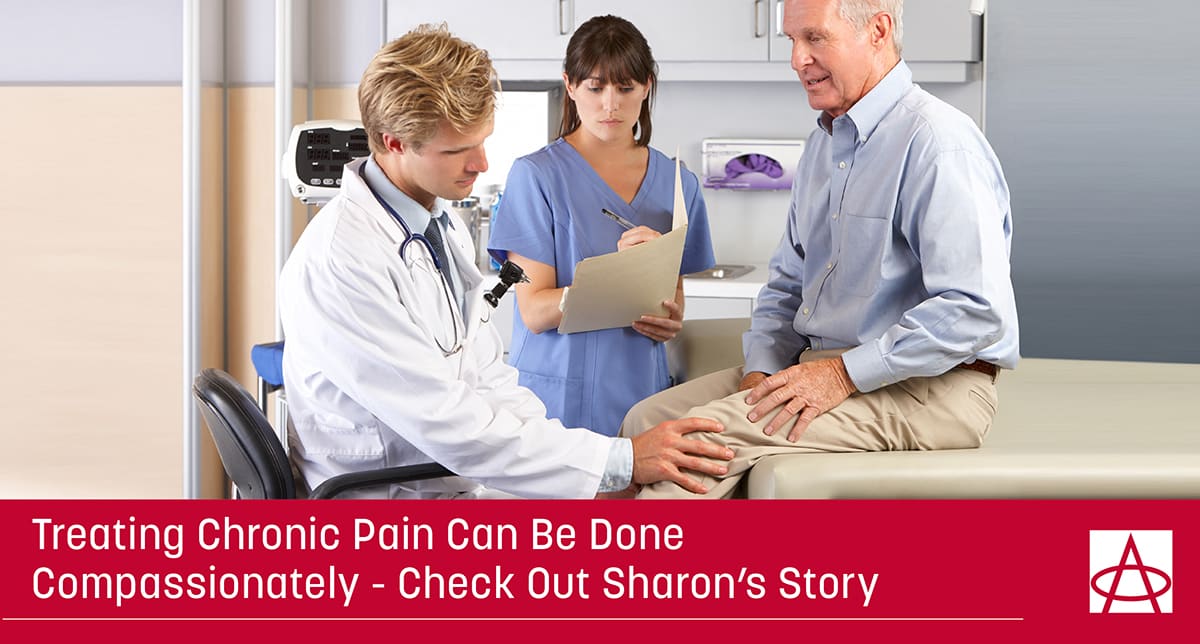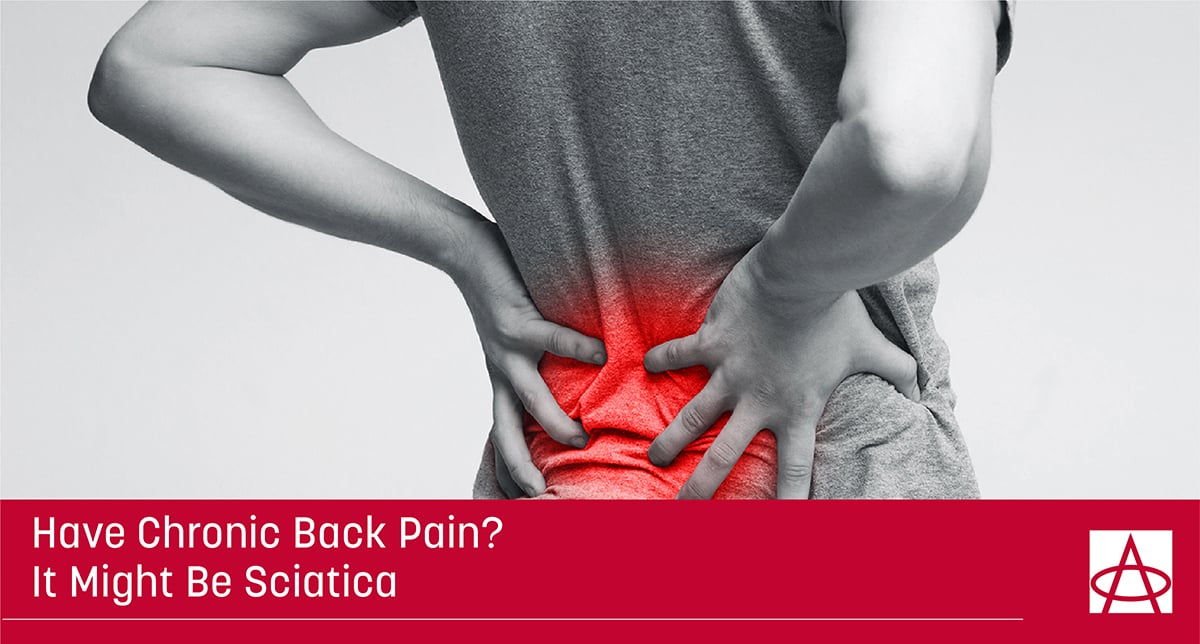TREATING CHRONIC PAIN CAN BE DONE COMPASSIONATELY – CHECK OUT SHARON’S STORY
By Sharon Black The majority of Americans live with some sort of pain, back pain being the most common. When I met Sharon, she was one of the many Americans that suffers daily with pain in her lower back and knees. It affected her mobility and her day-to-day activities significantly. Upon my first assessment, Sharon was suffering from pain due to her facet joints, the joints that run along the back of her spine. I confirmed my first assumption was correct after I did x-ray guided nerve block injections which demonstrated that her facet joints were, in fact, the source of her
What Does Meniscus Pain Feel Like And How Can You Get Relief?
By Advanced Pain Care Meniscus pain is typically sharp and stabbing, and can have an audible or palpable popping or clicking, or even a mechanical locking sensation where the knee literally cannot be moved (called “painful mechanical symptoms”). Meniscus tear pain can make even the most simple tasks feel unbearable, like rolling over in bed, getting out of a chair or car seat, twisting, or squatting and kneeling or crossing the leg. Anyone can experience pain from a meniscus tear, and unfortunately for us all, meniscus tears become more common as we get older. Thankfully, Advanced Pain Care is well-versed in
A Pain Specialist Explains The Anatomy of Walking with Chronic Pain
By Austin Horrocks, D.O. Chronic pain can make any of us into a bit of a hermit. It’s hard to do the things we love to do when they’re physically challenging or even painful. It can be easier to withdraw from certain activities and social obligations. This is where walking comes in! It may seem small in comparison to the magnitude of things you want to do. However, it’s a great place to start. Walking has numerous physiological and psychological benefits for people struggling with chronic pain. It can also be just the thing to help you ramp up your physical exercise and
How We at APC Address Mental Health and Chronic Pain Together
By Robin Hendershot, LPC You might not think that a pain care clinic pays much attention to mental health, but one of the things that I love most about working here is being part of a team that knows the importance of addressing both chronic pain and mental health together. I’d estimate that 50%-70% of the clients here at Advanced Pain Care have some sort of combination of chronic pain and depression or anxiety symptoms. That’s a huge number. Let’s answer some questions about how we at Advanced Pain Care address mental health and chronic pain together. Can chronic pain come from depression or
Have Chronic Back Pain? It Might Be Sciatica
By Paul H Le, M.D. About 35% of the population over 40 will have back pain, many of which is chronic pain. There are all different types of back pain, but one of the more common ones is Sciatica. By learning more about signs and symptoms, it’ll be easier for you to get help early on so you can treat your pain easier. Read on to learn more about a common back pain that radiates all the way down to your legs and what you can do if you think you’re suffering from it. What is Sciatica? Essentially, Sciatica is radiating pain, typically down the
The Medicine Cabinet: Side-Effects, Expired Medicine and Beyond
By Dr. Matt Sage, Pharm D Expired medicine, side effects, effectiveness and more: your medicine cabinet may be packed full-- but is it with the right stuff? When it comes to your health, you'll always want to be prepared (especially in these unprecedented times). Having your medicine cabinet stocked with the basics will keep you from a last-minute rush to the drug store and will allow you to be ready for the expected (and non-expected) speed bumps that life might throw at you. A quick disclaimer: nobody should have anything in their medicine cabinets that they’re allergic to or that is contraindicated to
Chronic Pain Can Occur at Any Age — How Yolanda Overcame Hers
By Advanced Pain Care Whether you’re experiencing pain for the first time — or have been managing it for years — you might be under the false impression that pain is part of your life forever. But at Advanced Pain Care, we don’t think anyone is beyond help in achieving lasting pain relief. When I met Yolanda, she was one of those patients who thought pain was just a part of life. After a car accident in 2010, she began suffering from chronic pain in her lower back and legs. That pain persisted as she tried multiple treatments over six years. So when she started
Myth Buster: Do Painkillers Reduce Your Pain Threshold?
By Anthony Perardi, Chief Physician Assistant At APC, we take great care to be sure we’re setting our patients up for long-term pain relief with advanced pain management. Medications can be an important part of addressing chronic pain, but we know you have questions about painkillers – and for good reason. Data provided by the Centers for Disease Control and Prevention shows that, between 2000 and 2017, prescription opioid drug users had a higher overdose mortality rate than heroin users. The overdose death rates for both those populations dropped in 2018 (though synthetic opioid overdose deaths increased). The good news is that the
How Crystal Found Relief From Chronic Pain
By Allison Turner, DNP, FNP-C We understand your frustration. Enduring complicated medical procedures, taking multiple medications, only to experience minimal pain relief. You may think living in pain is just life. For Crystal, a 52-year-old with chronic low back pain and knee pain in the setting of rheumatoid arthritis, that’s the conclusion she was approaching. Even with a 12-year-old spinal cord stimulator for her back pain, multiple medications, and recent knee replacement surgery, Crystal only had moderate pain improvement. Adding to her frustration was pressure from medical professionals to continue trying invasive surgical procedures. She was also faced with the revelation that she might require
Self-Care Tips for Managing Chronic Pain at Home
Discover how you can begin managing chronic pain with easy at-home self-care tips from Advanced Pain Care’s Dr. Adam Spjute.











